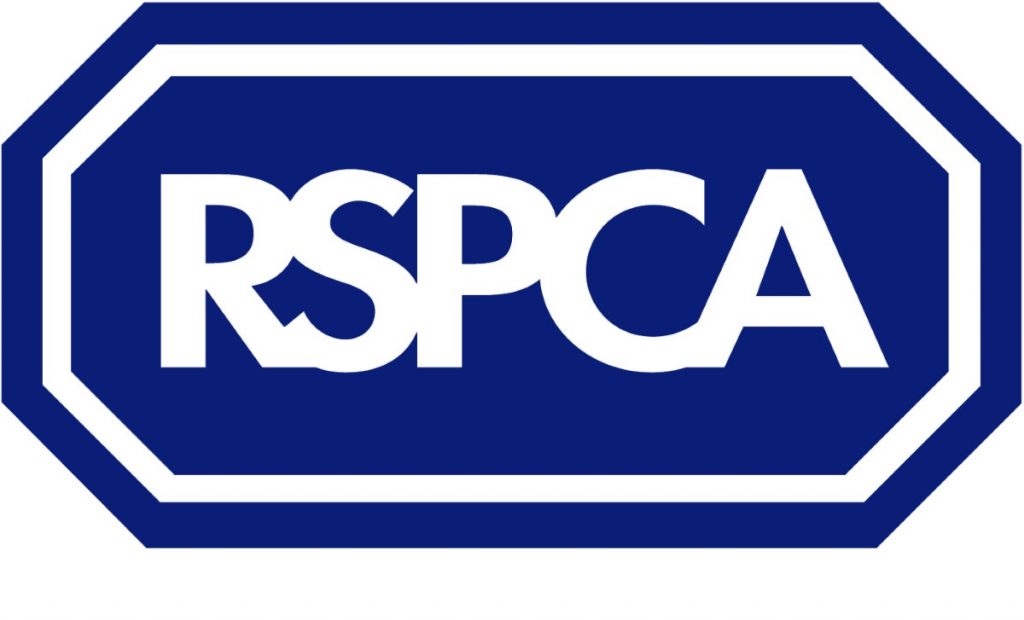RSPCA: Make your mum smile and help animals on Mother’s Day
They say it’s the thought that counts and sending an RSPCA Mother’s Day gift card will both bring a smile to your mum’s face and help animals in need.
To choose a card, go to gifts.rspca.org.uk, where you can also select how the money is spent, for example nursing a dog, puppy, cat or kitten back to health. The card is sent directly to your door via Royal Mail (first class), or if time is tight you can send your gift as an e-card.
There’s also the Yummy Mummy Truffle Box from Montezuma's, which is the perfect gift to spoil your mum on Mother's Day. This box costs just £4 and contains 4 delicious truffles, with two milk chocolate with mango caramel centres and two white chocolate strawberries and real champagne truffles.
Deputy head of the RSPCA’s companion animals team Sam Gaines said: “This is the time of year when we take a moment to think about our mums and everything they do for us.
“This year you can show your love for your mum and animals by choosing an Animalternative Mother’s Day card from our range of charity gifts. They cost between £5 and £25 and 100 per cent of the profit is used by the RSPCA to rescue, rehabilitate and rehome animals in need.”
Many animal mums (and dads!) go to extraordinary lengths to produce and care for their young. Here are our top ten fascinating facts about animal mums and babies:
1. The elephant has the longest gestation of any animal at 22 months.
2. To ensure her cubs have the best chance possible, a female polar bear will fast for months, living off her fat stores and nurses them with milk that is high in fat content.
3. As a general rule, reptiles don’t exhibit parental care, however crocodilians are an exception. A female saltwater crocodile remains in her nest to protect her 40 to 60 eggs until she hears her hatchlings emerging. She then carries them to the water, removing any remaining egg membrane and helping them swim for the first time.
4. A queen bee’s sole purpose is to produce eggs. She mates on only one occasion, but stores enough sperm to last the rest of her life, laying between 1,000 and 2,000 eggs each day during warmer months.
5. A female mallard has a tiring job as she lays more than half her body weight in eggs in a couple of weeks; roughly one egg every one to two days. A normal clutch is about 12 eggs.
6. A single female rabbit, a ‘doe’, can produce approximately 30 young in a single breeding season and can become pregnant again within hours of giving birth.
7. Female gerbils scent-mark their pups which is thought to help them recognise their offspring.
8. And it’s not just gerbil mothers doing all the work – males collect nesting material, help build the nest and clean the pups.
9. The largest litter of piglets ever farrowed was in Australia – 36 piglets were born alive and 33 survived. Normally about 12 piglets are born per litter and a sow’s pregnancy lasts three months, three weeks and three days.
10. A sow makes a special grunt to indicate to her piglets that she is about to let her milk down ready for feeding time.
-ends-
Notes to editors:
· As well as Mother’s Day cards, there are plenty of gifts to choose from, including RSPCA mugs, pet products and more.
· 100 per cent of money spent on e-cards goes to the RSPCA. For printed cards, an average of £1.09 goes towards production of the card and postage, with the remainder of the money going to the RSPCA.
RSPCA, Wilberforce Way, Southwater, Horsham, West Sussex RH13 9RS
Press office direct lines: 0300 123 0244/0288 Fax: 0303 123 0099
Duty press officer (evenings and weekends) Tel 08448 222888 and ask for pager number 828825
Email: press@rspca.org.uk Website: www.rspca.org.uk
Dogs come in all shapes, sizes and breeds! Check out our top tips for
canine care:
http://blogs.rspca.org.uk/insights/2013/01/03/meeting-your-dogs-welfare-needs/
————————————————————————————————————————————————–





-01.png)